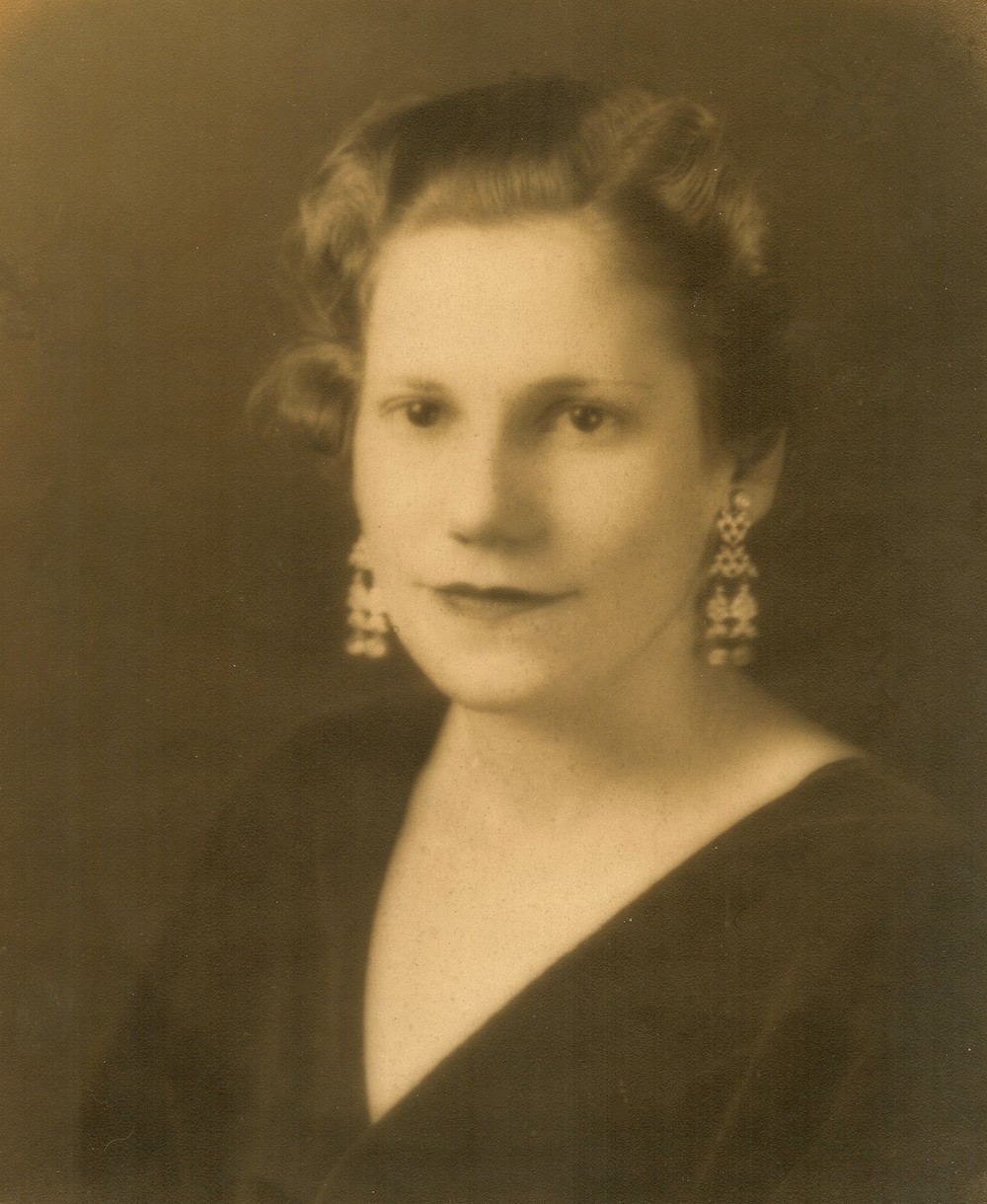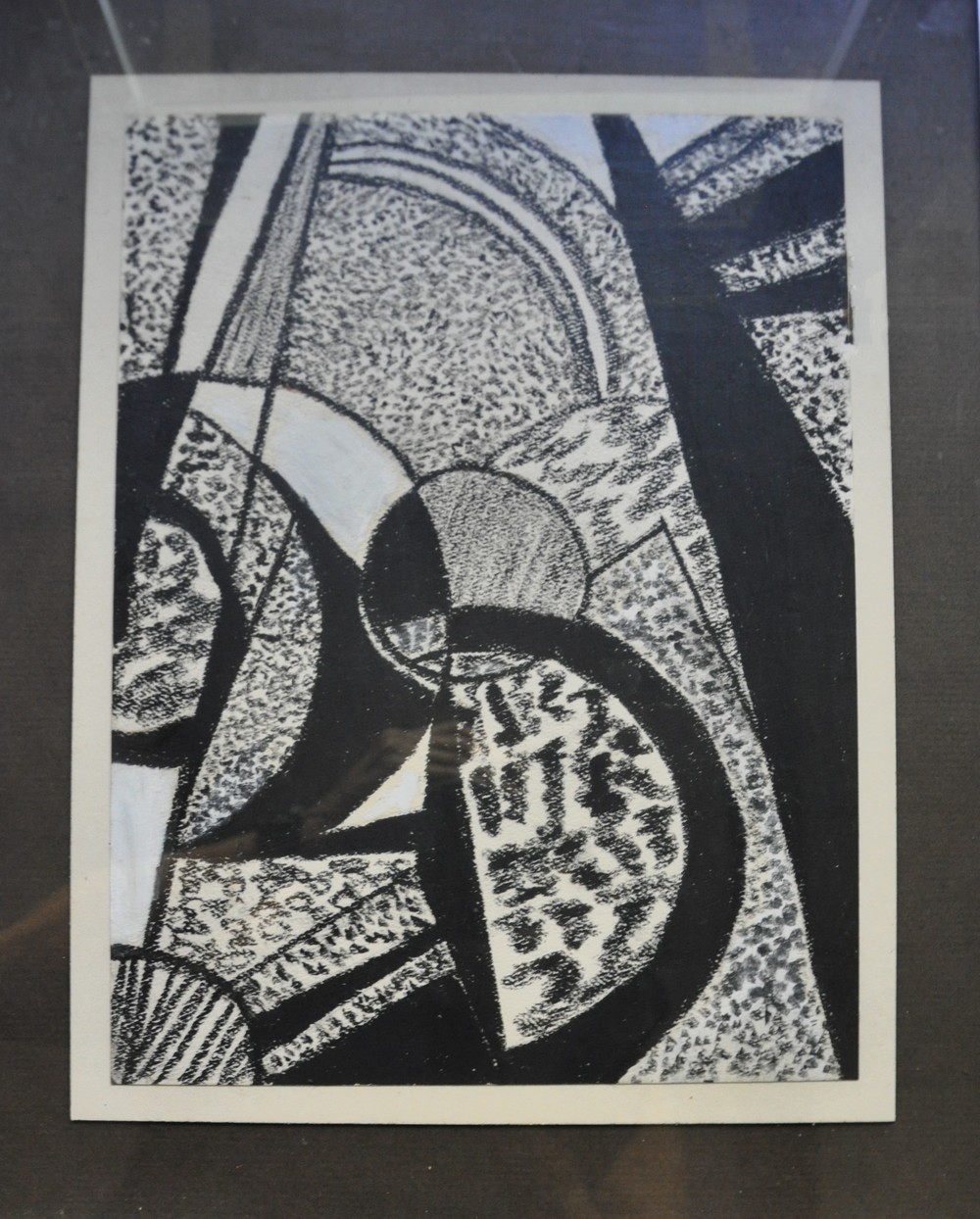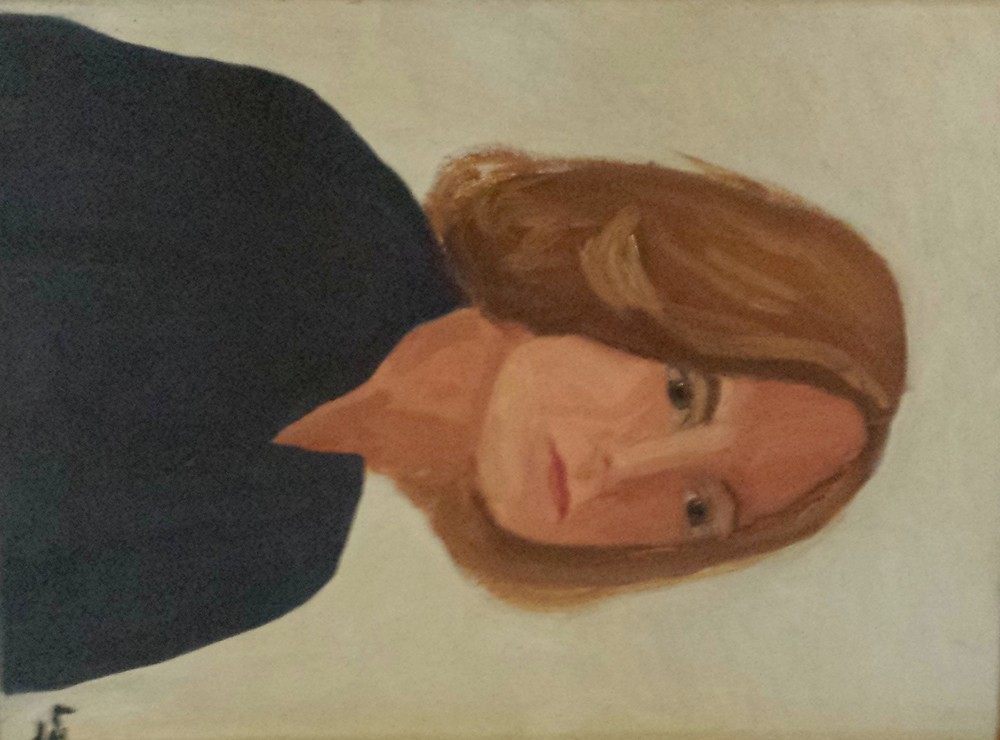By Susan Ford Collins
I learned something life-changing as my mother lay dying in the hospital.
Her doctors told my two sisters and me that she was brain dead. There was nothing more they could do. There was no hope for recovery. All the specialists agreed. All the X-rays concurred. All their explanations aligned. We all cried and grieved.
A week later they told us they were going to move Mom to a minimal-care ward where they expected her to die in a few days. But as they were wheeling her down to that floor, they bumped her gurney hard against the elevator door and my mother sat up and asked, “What time is it?”
We were all amazed. Mom was back, a bit disoriented and asking catch-up questions like, Where am I? What happened? Will I be OK? Nonetheless she was back, and she was Mom.

All the doctors were red-faced. They couldn’t explain what had happened, or why. They kept relooking at their X-rays and rereading their reports but, given the reality sitting right there in front of us, their lack of explanation didn’t really matter.
Now her miraculous recovery presented another potentially life-threatening problem. When would Mom ask us the inevitable question, “Where’s Dad?”
Throughout the hospital we were referred to as “the poor girls who had both parents in comas.” Everyone knew what our mother didn’t yet remember… that our father had a stroke precisely twenty-four hours before she did. He had been sitting in the same chair. He had been taken to the same hospital, in the same ambulance. And now, two floors above her, he lay in a deep coma not expected to live either.
Dad was on life support. A noisy machine was breathing for him and plastic tubes were entering and exiting his body in all directions. His doctors told us he wouldn’t be able to breathe on his own, and this time they were right. Weeks later when he was finally unplugged from all this apparatus, as the three of us stood by praying for another miracle, his breathing slowed to a stop and he died peacefully. And once again we grieved.
Fortunately by then Mom was doing well. We were relieved that “the inevitable question” hadn’t come right away. Yes, she had asked us little questions like, Where’s Dad today? Or, What is keeping him so busy? But she never managed a full-blown assault... There’s something you three girls are not telling me! And I want to know now!
Some part of Mom must have known not to push so hard, some part that wasn’t ready for the full impact of our answers or the strength of the emotions and physical reactions they would produce. Over time she recovered fully and gradually adjusted to Dad’s death and all the implications it had in her life. And ours.
Once Mom was home again, tending her beloved dogwoods, daffodils and lilacs, her life began to bloom as well. She had always imagined herself as an artist, but she was “too busy raising us and taking care of Dad” to ever lift a paint brush or sharpen a sketch pencil. But during those “twelve divinely gifted years” she started studying art seriously. She bought supplies and practiced every day. The smells of oil paint and turpentine, as well as tiny piles of colorful pastel dust, were always somewhere in the house or yard.
And, just as she had always imagined, she was really good at art, so good in fact that she began having shows and exhibitions of her still life pastels and oil portraits, even earning a brief write up in the newspaper that declared her “an outstanding local artist”… a clipping she would always keep and treasure. She was colorful and passionate. She was loving and profoundly sensitive. Her portraits captured the personality of the person posing for her in a few brush strokes. Her drawings simplified and abstracted the essence of flowers and shapes, the patterns of light and shadow. Through these final works of art, I found my mother. And I loved her deeply.


Here’s what I learned from my Mom. No matter how bad the circumstances look. No matter how hopeless the situation seems. Even if all the experts agree that nothing can be done, that death is imminent and certain. As long as you’re breathing, HOLD ONTO YOUR DREAMS and KEEP LIVING THEM.
(c) Susan Ford Collins. For permission to use this article, email susanfordcollins@msn.com
* For more on the 7th Success Skill, read The Joy of Success and Our Children Are Watching.
THE TECHNOLOGY of SUCCESS Book Series… compact, concise and powerful…
the perfect toolbox for today’s “always-on” global world.
$14.95 paperback$3.99 eBook
Your Working Life: Caroline Dowd-Higgins interviews Susan Ford Collins

